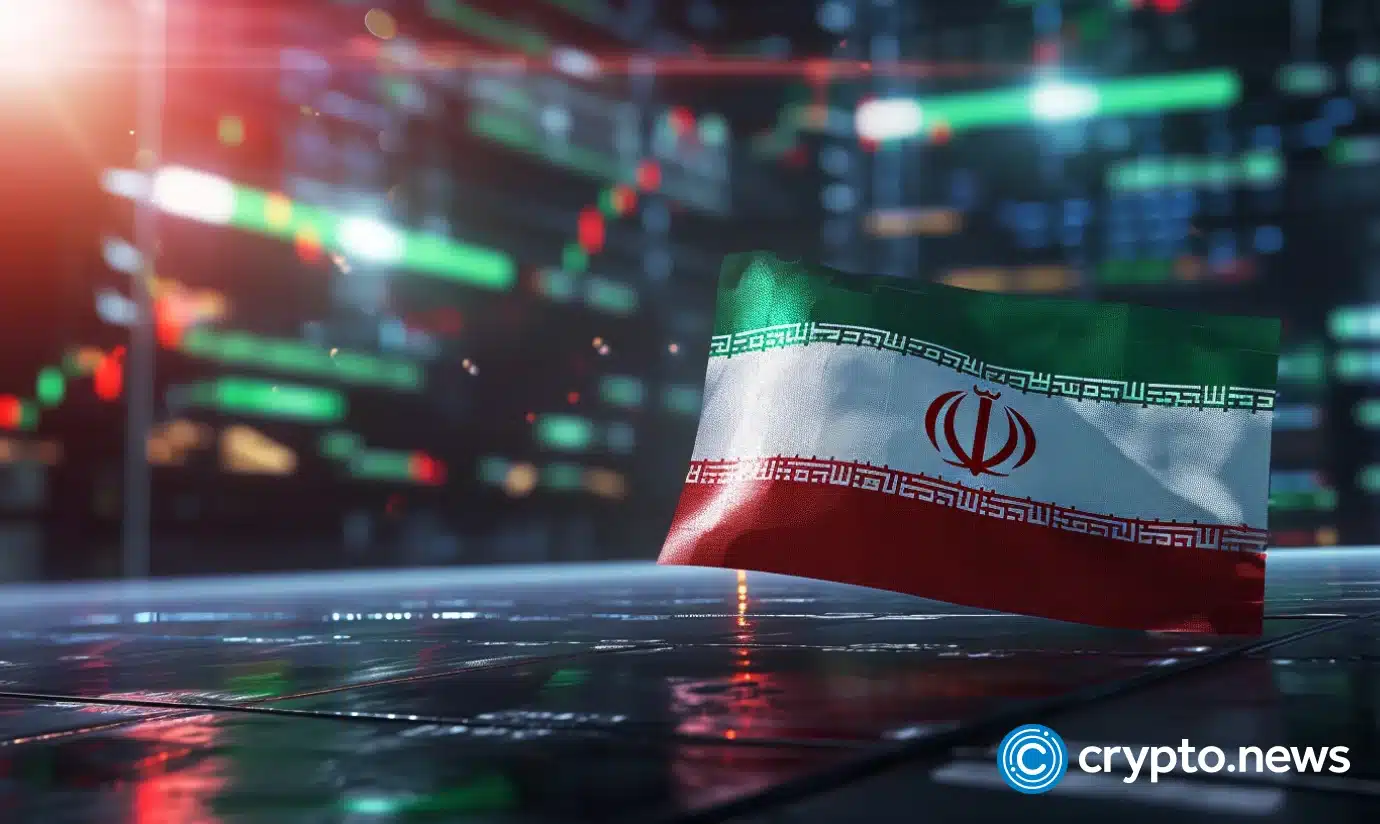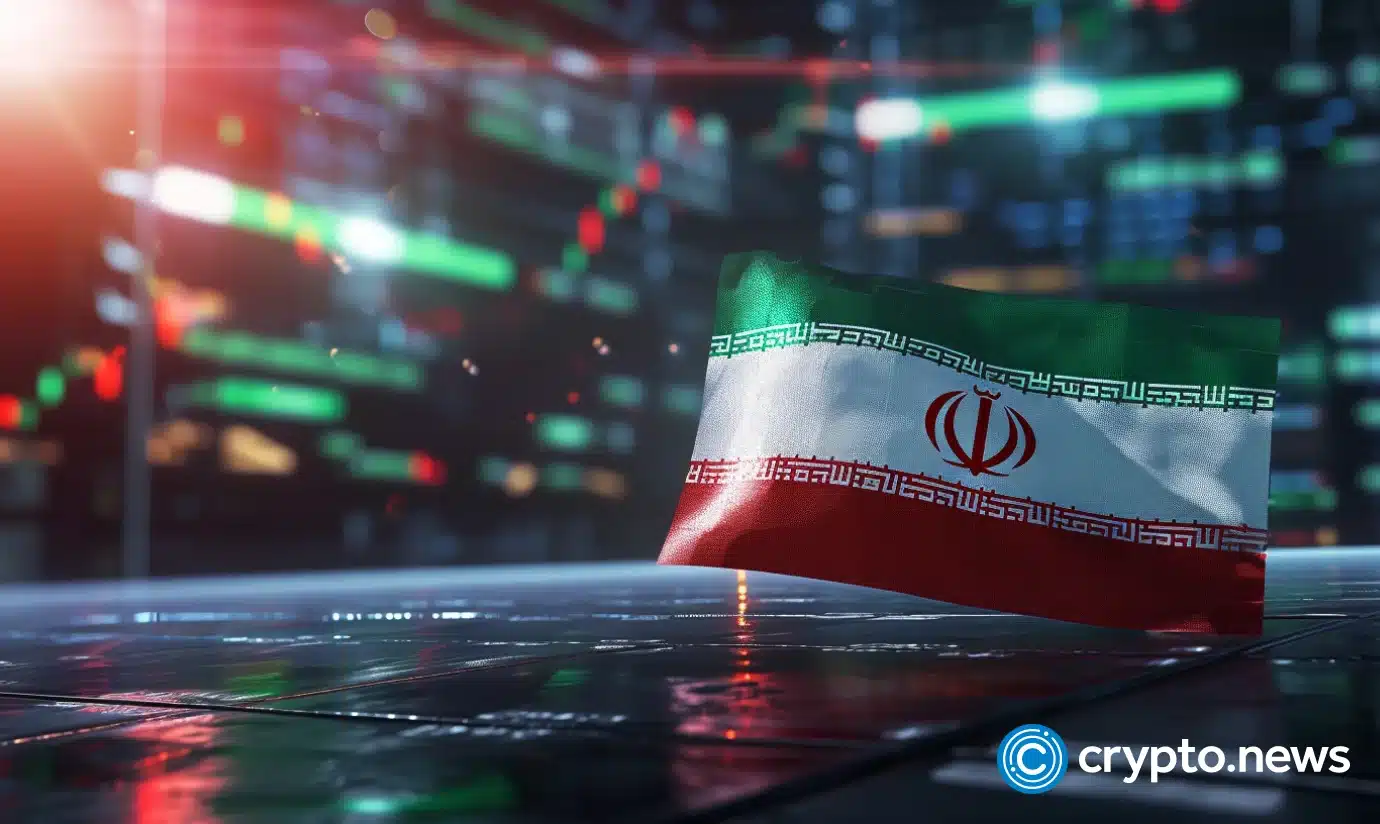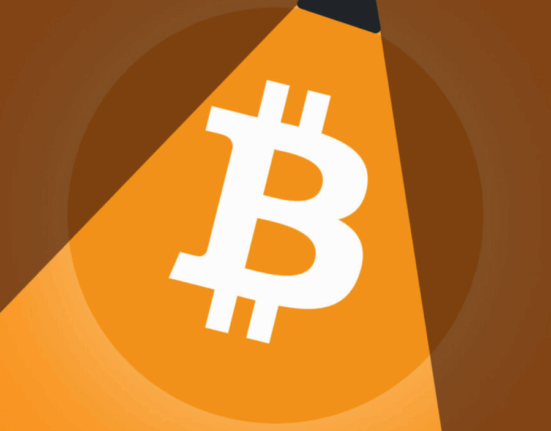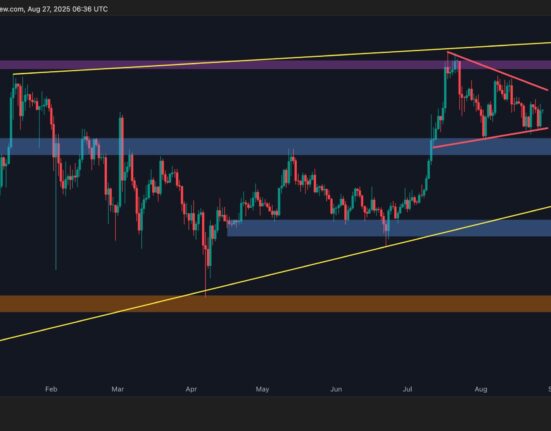
The local Iranian crypto market is under pressure as recent regional conflicts and security breaches weigh on investor sentiment and overall activity.
Summary
- Between January and July 2025, Iranian crypto flows fell to $3.7 billion, down 11% from 2024.
- The June Nobitex hack disrupted liquidity and shook investor confidence.
- Outbound crypto transactions remained steady, showing the continued use of crypto in sanctions evasion.
A recent TRM Labs report shows that between January and July 2025, total cryptocurrency flows involving Iranian entities fell to $3.7 billion, down 11% compared with the same period in 2024.
The steepest drops occurred after April, with June inflows falling more than 50% year-over-year and July volumes collapsing by over 76%. This downturn has been largely driven by geopolitical instability and operational disruptions, with the 12-day conflict with Israel in June significantly affecting market activity.
At the same time, investor confidence has been weakening.
Nobitex hack rattles Iran’s crypto market
The June 18 cyberattack on Nobitex, Iran’s largest crypto exchange, carried out by pro-Israel hacker group Predatroy Sparrow during the conflict, shook local market participants.
With over $90 million in losses, the breach severely impacted liquidity for both retail and institutional users, slowing transaction processing. Traders also questioned the security and reliability of domestic exchanges, pushing many to seek alternative platforms.
Compounding the disruption was Tether’s largest-ever freeze of Iranian-linked wallets in July, which removed a large portion of stablecoin liquidity. This forced traders to pivot quickly, with many shuffling and converting their holdings to maintain access to liquid stablecoins and continue cross-border transactions.
Despite these, TRM Labs reported that Nobitex still remains the dominant exchange, handling over 87% of all Iranian-linked crypto transaction volume, particularly outbound flows.
Iran crypto outflows persist amid declining inflows
While inflows have fallen sharply, outbound crypto volumes have remained relatively steady, highlighting the continued role of digital assets as a channel for capital flight. The report added that Iranians also rely on crypto to preserve wealth and move funds internationally.
Beyond capital flight, Iranian entities continue to use crypto for sensitive procurement such as drone components and AI hardware. These groups reportedly leverage KYC bypass tools, allowing sanctioned entities to operate despite international restrictions.
Following the hack in July, investigations by blockchain intelligence firms revealed that wallets linked to Nobitex had been quietly moving funds for months using stealth techniques often linked to money laundering. These findings raised questions about the exchange’s transparency, suggesting that a significant portion of its on-chain activity may have been connected to sanctioned actors or illicit flows.
Subsequent reports also indicated that the Iranian government may have used crypto for espionage, with several alleged spies later arrested by the Israeli authorities, reportedly paid in digital assets.
The persistence of outbound flows suggests that these activities may still be ongoing, underscoring the widespread use of cryptocurrency in Iran for both capital movement and strategic operations.
Iran crypto regulation and sanctions evasion drive market transformation
Iran crypto regulation has evolved significantly under international sanctions pressure, forcing the country to develop a unique regulatory framework that balances compliance with domestic needs. The Iranian government has implemented specific crypto licensing requirements for exchanges while simultaneously allowing crypto adoption as an economic necessity to circumvent banking restrictions and facilitate international trade.
The broader economic impact of the Nobitex hack extends beyond individual losses, affecting Iran’s broader crypto adoption trends and market dynamics. Local businesses and individuals increasingly rely on cryptocurrency to mitigate inflation impacts, with digital assets serving as hedges against currency devaluation. This growing dependence has made security incidents like the recent Nobitex breach particularly damaging to market confidence, forcing traders to reconsider their risk exposure to domestic exchanges and potentially slowing the country’s path toward mainstream crypto integration.








